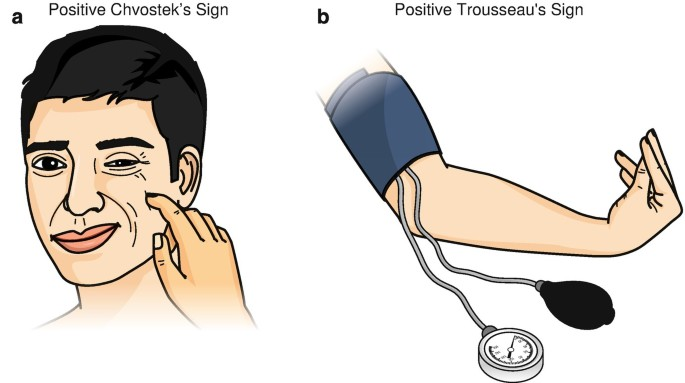A nurse is planning to teach a client who is scheduled for an intravenous pyelogram (IVP). Which of the following statements should the nurse include in the teaching?
"You will be able to resume your regular diet as soon as the test is complete."
"After the procedure, you will be encouraged to drink plenty of fluids."
"High-frequency sound waves will be used to identify renal system structures."
"The procedure will be canceled if the urinalysis indicates the presence of red blood cells."
The Correct Answer is B
Choice A reason:
Resuming a regular diet immediately after the test may not always be recommended. Depending on the individual's condition and the specific instructions from the healthcare provider, there may be dietary restrictions before or after the procedure.
Choice B reason:
Encouraging fluid intake after the procedure is important because it helps to flush out the contrast dye used during the IVP. Adequate hydration can aid in the elimination of the dye and reduce the risk of kidney damage, especially in individuals with pre-existing kidney conditions.
Choice C reason:
This statement is incorrect. An IVP does not use high-frequency sound waves; it involves taking X-ray images of the urinary tract after a contrast dye is injected into a vein. The dye outlines the kidneys, ureters, and bladder on the X-ray images.
Choice D reason:
The presence of red blood cells in the urinalysis does not typically result in the cancellation of an IVP. However, certain conditions, such as an allergy to the contrast dye or severe kidney impairment, may contraindicate the use of an IVP.
Nursing Test Bank
Naxlex Comprehensive Predictor Exams
Related Questions
Correct Answer is C
Explanation
Choice A reason:
Kernig's sign is associated with meningitis and is not related to the symptoms of tingling sensations that can occur after a subtotal thyroidectomy. This sign is elicited by extending the client's leg at the knee while the hip is flexed, which would not be relevant in this case.
Choice B reason:
Brudzinski's sign is another indicator of meningitis and involves involuntary flexion of the hips and knees when attempting to flex the client's neck. Similar to Kernig's sign, it is not pertinent to the postoperative symptoms of a subtotal thyroidectomy.
Choice C reason:
Chvostek's sign is a clinical sign of existing neuromuscular irritability seen in hypocalcemia, which can occur after thyroid surgery due to accidental removal or damage to the parathyroid glands. Tapping on the facial nerve triggers twitching of the facial muscles, which correlates with the tingling sensations reported by the client.
Choice D reason:
Babinski's sign is used to assess neurological function, particularly of the central nervous system, and is not related to the symptoms of hypocalcemia. It involves stroking the sole of the foot to observe the toes' movements, which would not provide information about the tingling sensations the client is experiencing.

Correct Answer is C
Explanation
Choice A reason:
Adjusting the rate of the bladder irrigant may be necessary if there is an issue with the flow or the amount of fluid, but it is not the first action to take. The nurse must first ensure that there is no mechanical obstruction causing the lack of drainage.
Choice B reason:
Irrigating the catheter could be the next step if checking the tubing does not resolve the issue. However, it is not the first action to take because if there is a kink in the tubing, irrigation will not be effective and could potentially cause harm.
Choice C reason:
The first action the nurse should take is to check the tubing for kinks because this is a common and easily correctable cause of obstruction in catheter drainage. If the tubing is kinked, straightening it may allow urine to drain properly.
Choice D reason:
Notifying the provider is important if the other interventions do not resolve the issue. However, it is not the first action to take. The nurse should first perform basic troubleshooting steps to identify and correct any simple mechanical issues with the catheter system.
Whether you are a student looking to ace your exams or a practicing nurse seeking to enhance your expertise , our nursing education contents will empower you with the confidence and competence to make a difference in the lives of patients and become a respected leader in the healthcare field.
Visit Naxlex, invest in your future and unlock endless possibilities with our unparalleled nursing education contents today
Report Wrong Answer on the Current Question
Do you disagree with the answer? If yes, what is your expected answer? Explain.
Kindly be descriptive with the issue you are facing.
